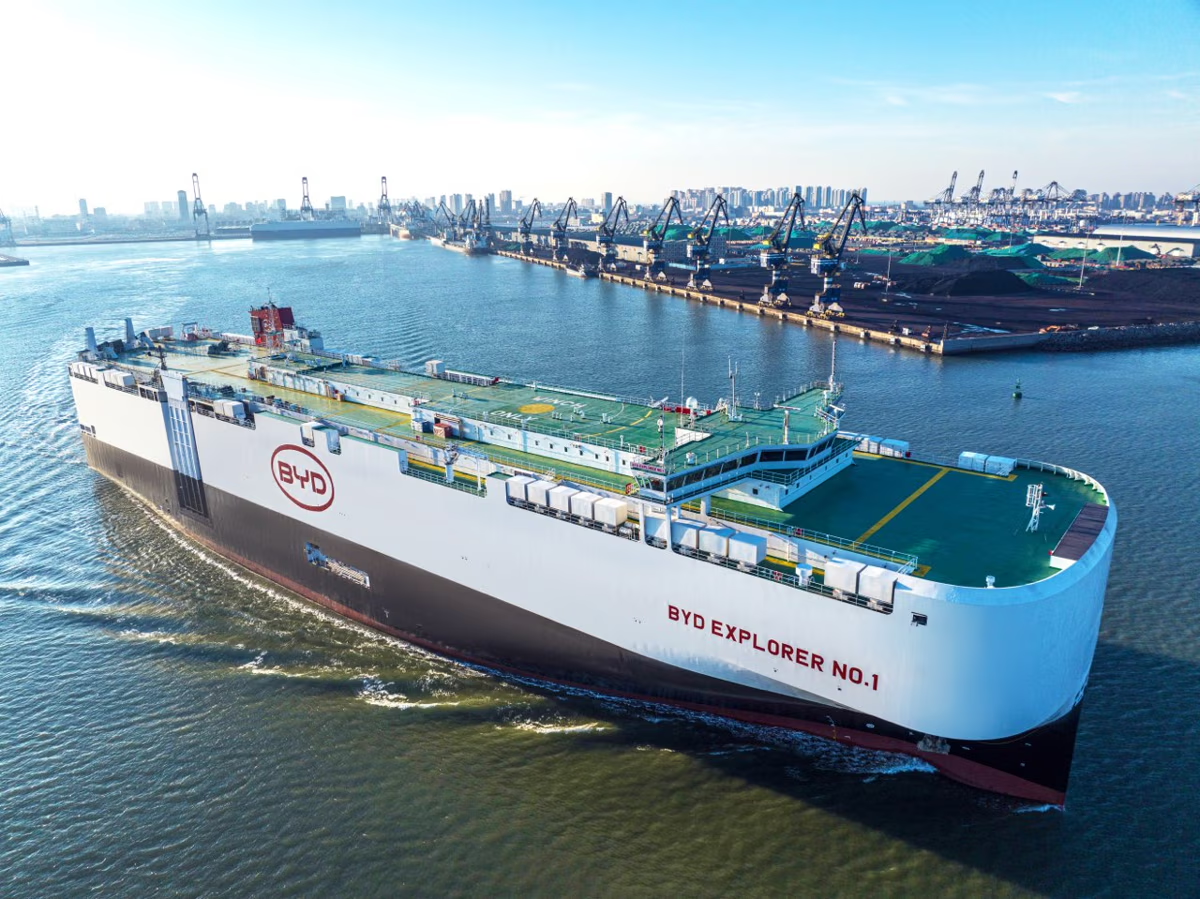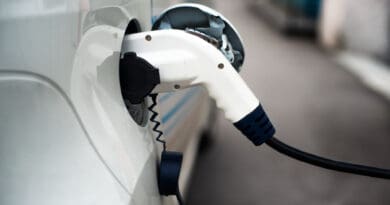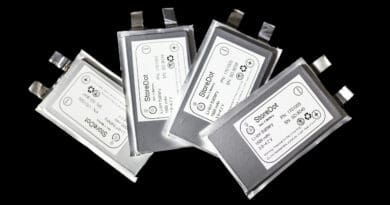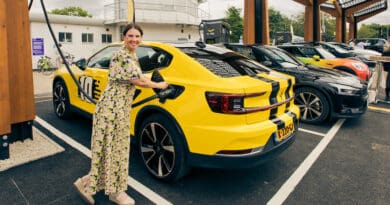
EU to impose tariffs of up to 38% on Chinese EV makers
The EU is set to impose major new tariffs on Chinese EVs in a fight over state subsidies for electric vehicle makers.
The European Commission announced on 12 June that it has notified China of its intention to apply the new tariffs – ranging from 17.4% to 38.1% – from 4 July.
Such a move is likely to force up the price of many of the most affordable EVs on the market, including those from brands including BYD, MG and GWM, and prompt retaliatory fees on European products in China.
The decision comes after an eight-month investigation into claims Chinese car makers were receiving unfair government financial support to allow them to undercut European models.
In a statement, the European Commission said: “As part of its ongoing investigation, the Commission has provisionally concluded that the battery electric vehicles value chain in China benefits from unfair subsidisation, which is causing a threat of economic injury to EU BEV producers.
“Based on the investigation’s findings, the Commission has provisionally established that it is in the EU’s interest to remedy the effects of the unfair trade practices found, by imposing provisional countervailing duties on imports of BEVs from China.”
The Commission said that at the same time as informing China of the tariffs it was opening discussions in a bid to resolve the concerns raised.
Europe currently applies a 10% tariff to EVs imported from China. The new tariffs have been set based on the level of cooperation with the Commission’s investigation. Under the new rules, BYD, which sells the Dolphin, Seal and Atto 3, will face tariffs of 17.4%, while Geely – the parent company of Volvo, Lotus and Polestar – will see the tariff on its products increase to 20%. SAIC, which is China’s biggest automotive group and partly owned by the Chinese government, faces tariffs of 38.1%. The group’s companies in Europe include MG, Maxus and IM.
Other EV makers in China which cooperated in the investigation but were not sampled by the EC, will be subject to a 21% duty while those which did not cooperate in the investigation will be subject to a tariff of 38.1%.
While a significant increase, the new duties are still far lower than the 100% tariff recently imposed on Chinese EVs by the United States.
Although aimed at Chinese brands, the new tariffs also affect western car makers with manufacturing facilities in China, including Tesla which builds the Model 3 in China, BMW whose iX3 and Mini EVs are currently made there, and Dacia, which builds the £15,000 Spring in Hubei.
China condemned the planned tariffs and warned it would take ‘all necessary measures’ to protect its interests.
Lin Jian, a foreign ministry spokesperson, said: “This anti-subsidy investigation is a typical case of protectionism.
“We urge the EU to abide by its commitment to support free trade and oppose protectionism, and work with China to safeguard the overall situation of China-EU economic and trade cooperation.”
Several brands which currently build electric models in China are working to develop manufacturing capabilities within Europe. BMW is redeveloping the Mini plant in Oxford to begin production of the Mini electric hatch and Aceman crossover from 2026 and Volvo is planning to start building the EX30 alongside the EX40 in Ghent, Belgium from 2025.
Stellantis has also recently announced a partnership with China’s Leapmotor which is believed could see it build the Chinese firm’s at one of its existing factories in Europe.





